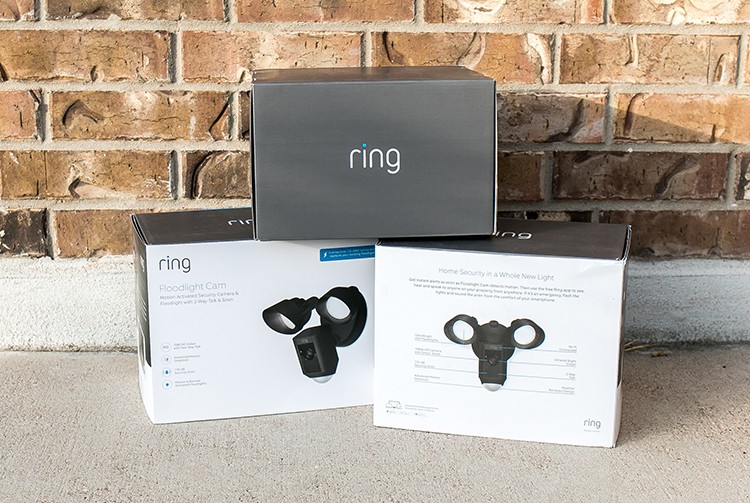(BPT) – If you’re thinking of buying your first home, you’ve probably wrestled with the decision to rent or own your home — and for good reason.
Owning a home is a big commitment. With it comes a lot of responsibility and a long-term financial relationship.
But which is right for you? To answer that, let’s lean into the facts.
The improving housing market
Good news! Since the depths of the recession, the housing market has made a heroic comeback. That can be attributed to a number of factors, including a drop in unemployment and a stronger economy.
But as the housing market has recovered, it has experienced some growing pains. With a sharp increase in demand, housing supplies are being strained. This means, among other things, that prices are going up.
For families and individuals still recovering financially, finding affordable housing options can be difficult. This applies to home sales and rentals.
Making the decision
With rental and sales markets heading toward record highs, the decision falls back to what is best for you. Specifically, what is financially feasible.
Let’s look at the basic numbers. According to the U.S. Census Bureau, the median gross rent paid from 2012 to 2016 was $949 monthly. Compare that with the median selected monthly owner costs with a mortgage, which was $1,491 over the same time period.
Then there are utilities. The median monthly electricity cost for renters in 2015 was $82, with owners paying $117. For piped gas, the median amount renters pay monthly is $42, while owners pay $58.
For renters, it is wise to carry renter’s insurance. Some landlords will also charge maintenance and other fees. Utility costs will also vary depending on the quality of the structure and materials used as well as size of the rental space.
Homeowners will pay property taxes, insurance and an estimated $500 annually for routine maintenance, according to the Census Bureau.
The benefits of homeownership
At a glance, it may seem that renting is the lower cost option. But there are certain benefits to homeownership that may offset the additional regular costs. According to the Tax Policy Center, the primary benefit to owning a home is imputed rental income. Simply put, making a monthly payment on a home that you own is like paying rent to yourself.
While that money is not taxed, it comes with another benefit — potential tax deductions. When you file your federal taxes, you may be able to deduct a portion of the mortgage interest you pay. Talk to a tax professional for more information on the expenses you can deduct and the limits for those deductions.
Beyond the numbers
Homeownership provides a variety of benefits beyond the numbers. For many people, a home is the largest investment they will ever make. The upgrades, work and care put into the home that you own can add value to your investment. It also adds a sense of pride knowing that it is yours.
“Having a place to call your own, a place to return to at the end of the day, makes life better,” said Vanderbilt Mortgage and Finance, Inc. President Eric Hamilton. “You can see it from the moment they make the decision — that sense of pride. It’s a life-changing event and a memory that will last a lifetime.”
Vanderbilt Mortgage and Finance, Inc., 500 Alcoa Trail, Maryville, TN 37804, 865-380-3000, NMLS #1561, (http://www.nmlsconsumeraccess.org/), AZ Lic. #BK-0902616, Loans made or arranged pursuant to a California Finance Lenders Law license, GA Residential Mortgage (Lic. #6911), Illinois Residential Mortgage Licensee, Licensed by the NH Banking Department, MT Lic. #1561, Licensed by PA Dept. of Banking.

